Side Effects: What They Are, How to Spot Them & Stay Safe
If you’ve ever taken a pill and felt weird afterward, you’ve experienced a side effect. It’s the body’s reaction to a drug that isn’t part of the intended benefit. Knowing what to look for can keep you from ending up in the ER or missing a dose because you’re scared.
Common types of side effects
Side effects come in many flavors. Some are mild, like a headache or an upset stomach, and disappear after a few days. Others are more serious—think rash, shortness of breath, or sudden swelling. A quick way to sort them is by severity:
- Mild: nausea, dry mouth, light dizziness.
- Moderate: persistent fatigue, mild skin irritation, occasional tremor.
- Severe: chest pain, difficulty breathing, severe allergic reaction (anaphylaxis).
Most pharmacies list these on the label or insert. If something isn’t listed but feels off, trust your gut and check with a professional.
How to spot side effects early
The first 48 hours after starting a new medication are crucial. Keep a simple log: write down what you took, the dose, and any new sensations you notice. Even small changes—like feeling unusually thirsty or having trouble sleeping—can be clues.
Ask yourself these quick questions:
- Did I start a new drug this week?
- Is the symptom new or worse than before?
- Does the timing line up with when I took the medicine?
If you answer yes to most, it’s probably a side effect. Don’t ignore it; call your pharmacist or doctor right away.
For chronic meds (blood pressure pills, antidepressants, etc.), doctors often start low and increase slowly. This approach helps the body adjust and reduces the chance of harsh reactions.
When you’re buying medicines online—as many CheapoMeds visitors do—extra caution is key. Verify that the pharmacy is licensed, read user reviews, and make sure the product has a clear label with dosage instructions. A reputable site will also provide a list of possible side effects.
Finally, remember that not every reaction means you have to stop the drug. Sometimes adjusting the dose or switching to an alternative works better. Always follow professional advice before making changes.
Bottom line: side effects are normal, but they shouldn’t be mysterious. Keep notes, stay aware of timing, and reach out for help when something feels off. Your health stays in your hands when you know what to look for.
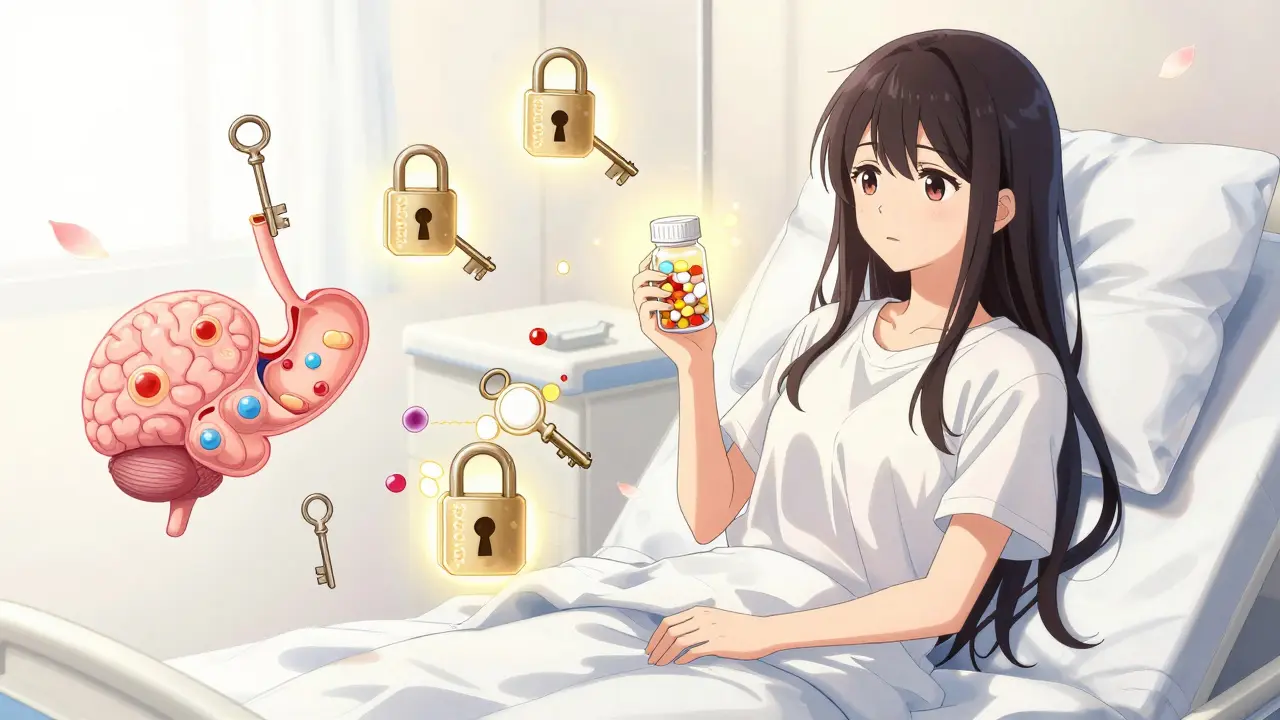
Why Do Medications Cause Side Effects: The Science Behind Drug Reactions
Learn why medications cause side effects - from genetic differences and off-target effects to drug interactions and immune reactions. Understand the science behind reactions and how doctors are making drugs safer.

Phenergan (Promethazine) vs. Common Alternatives: Benefits, Side Effects & Uses
A clear comparison of Promethazine (Phenergan) with five common alternatives, covering uses, dosing, side effects, and how to choose the right drug for your needs.

Teriflunomide Patient Support: How to Find Help & Encouragement
A practical guide to finding financial, medical, and emotional support for Teriflunomide users, covering assistance programs, side‑effect monitoring, and community resources.
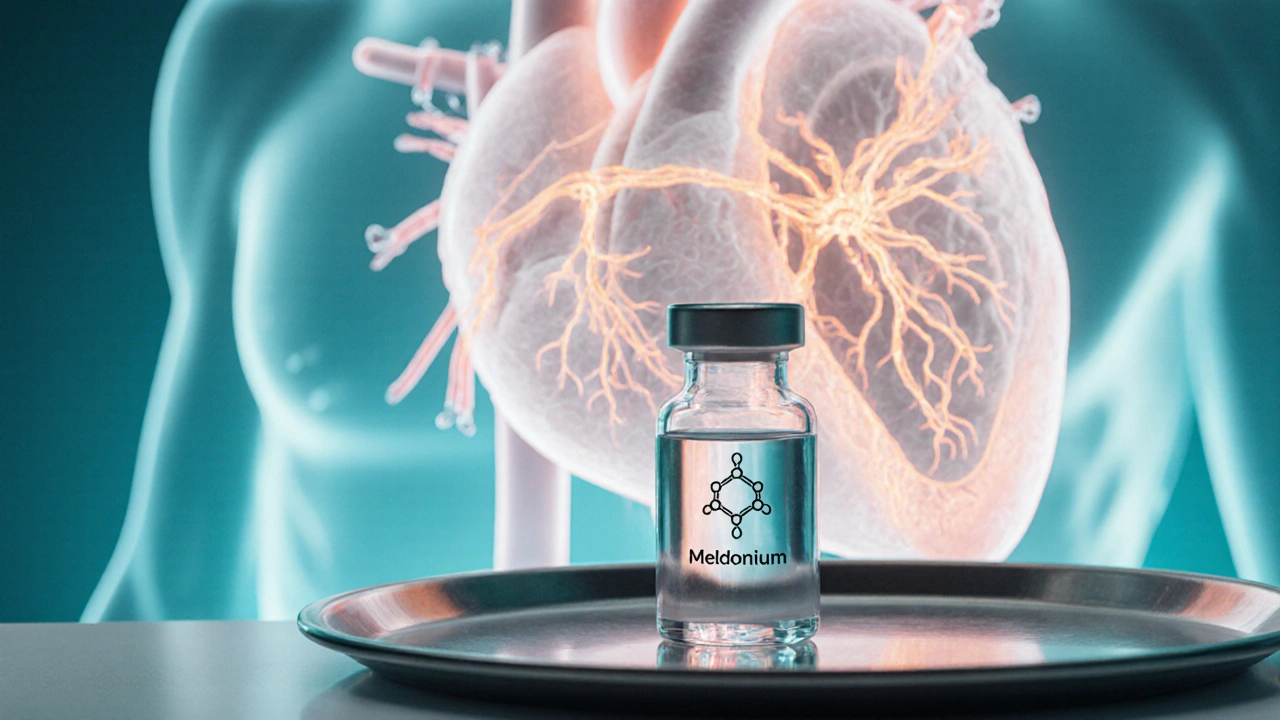
Meldonium vs Alternatives: Benefits, Risks & Best Choices
A detailed comparison of Meldonium with its main alternatives, covering mechanisms, benefits, side effects, legal status, and choosing the right option.

Flexeril Uses, Side Effects, and Patient Tips: Your Complete Guide
Discover everything about Flexeril — from how it works as a muscle relaxer to its common side effects, dosage, benefits, risks, and tips to use it safely.
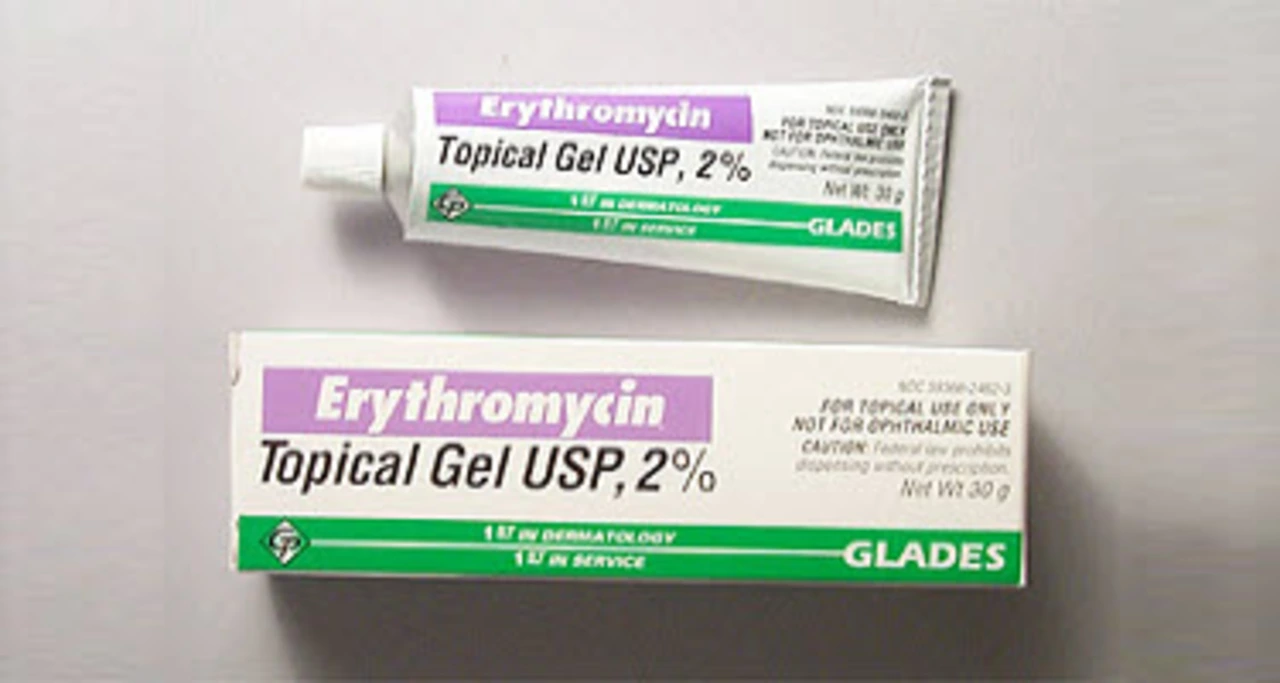
Topical Erythromycin: Uses, Benefits, and Side Effects
As a blogger, I've recently delved into the world of topical erythromycin, discovering its various uses, benefits, and potential side effects. I found that this antibiotic is commonly used to treat acne, delivering visible improvements in skin condition. Additionally, topical erythromycin boasts anti-inflammatory properties, which can reduce redness and swelling. However, it's important to note that some users may experience side effects like dryness, itching, and peeling. Overall, this medication can be a great option for those struggling with acne, but it's crucial to consult a healthcare professional before trying it out.
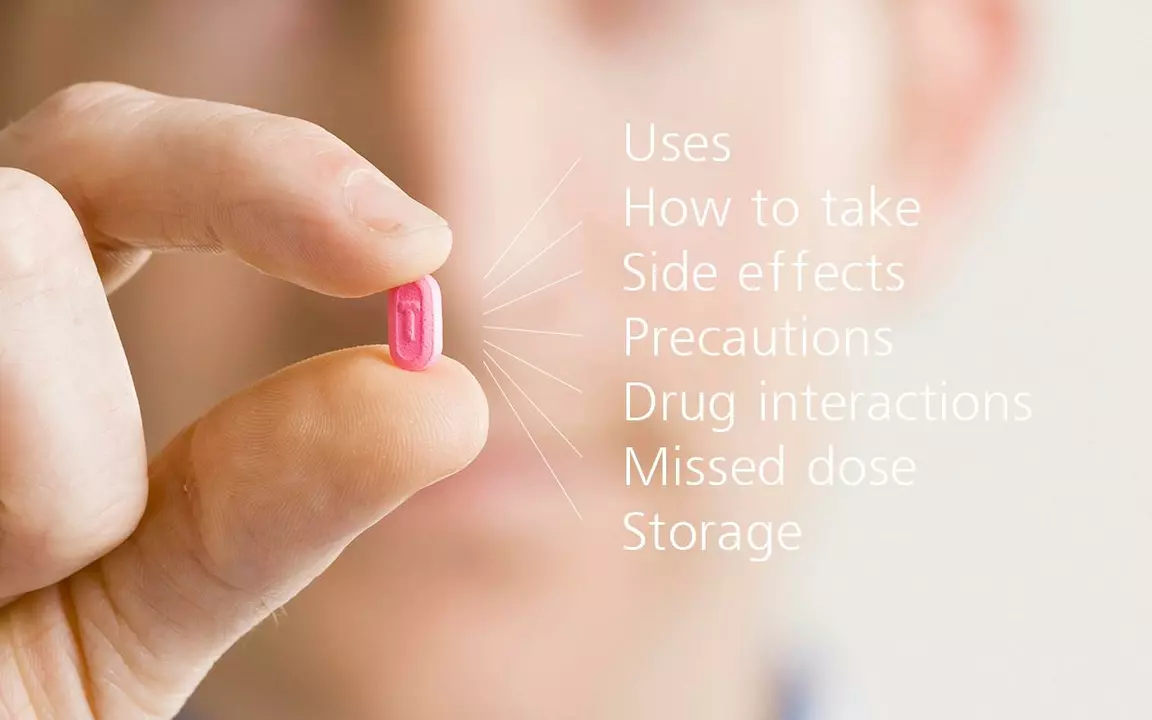
Timolol and Drug Interactions: What to Watch Out For
As a blogger who frequently discusses health and medications, I've recently been researching Timolol and its potential drug interactions. Timolol is a beta-blocker commonly used to treat high blood pressure and glaucoma, but it's important to be aware of possible interactions with other medications. Some key interactions to look out for include other blood pressure medications, certain antidepressants, and even over-the-counter cold and allergy medications. It's crucial to consult with your doctor or pharmacist about all the medications you're taking to ensure safety and effectiveness. Keep an eye out for my upcoming blog post where I'll delve deeper into this topic and provide more detailed information on Timolol and potential drug interactions.
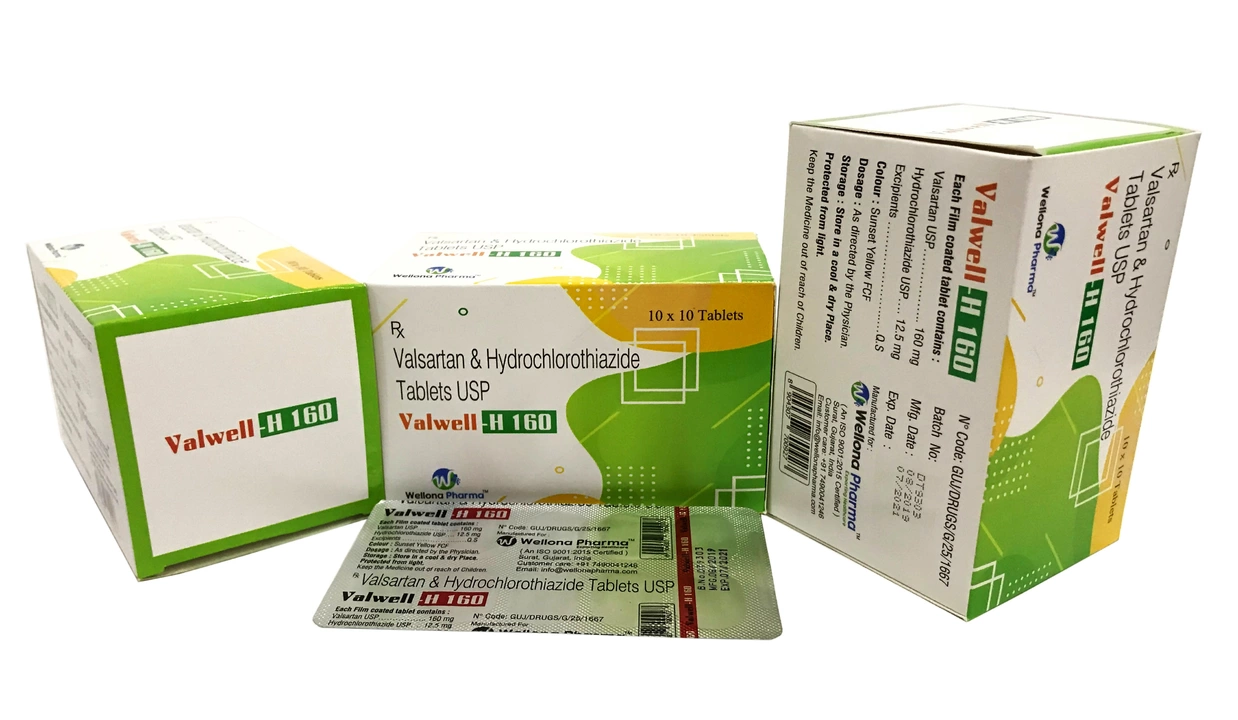
Valsartan-Hydrochlorothiazide and Liver Health: What to Know
As a blogger focused on health, I recently came across some important information about Valsartan-Hydrochlorothiazide and liver health that I'd like to share with you. Valsartan-Hydrochlorothiazide is a combination medication commonly prescribed to treat high blood pressure, which can help reduce the risk of heart attacks and strokes. However, it's crucial to know that this medication can potentially cause liver damage in some individuals. If you're taking Valsartan-Hydrochlorothiazide, it's important to monitor your liver function regularly and to report any unusual symptoms to your doctor. By staying informed and vigilant, we can ensure our liver health while managing high blood pressure effectively.
